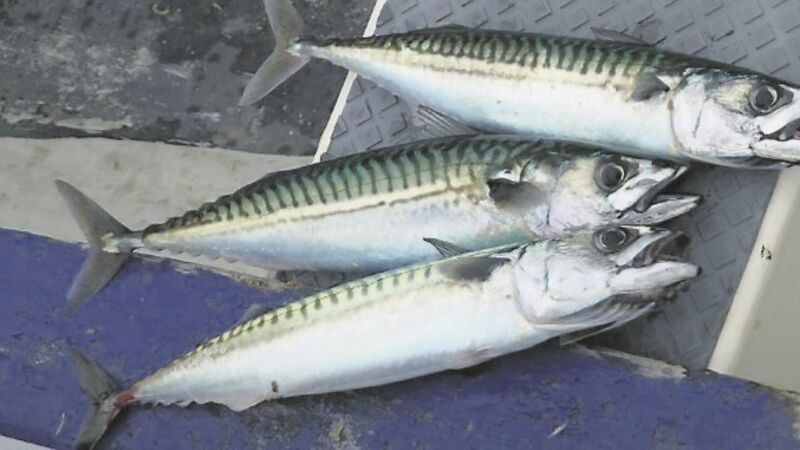Summer’s bounty of mackerel proves elusive

He had seven days ahead of him in Ireland. He’d head for the West right away, walk the Maamturks in Connemara and spend days fishing mackerel off the coast of Clare.
Touching down in Dublin about 6pm, he planned to drive to Athlone where he’d overnight and have dinner at a Shannon-side restaurant. However, his schedule bit the dust when he presented his driving license, Irish and valid until 2016, at a car rental desk.














